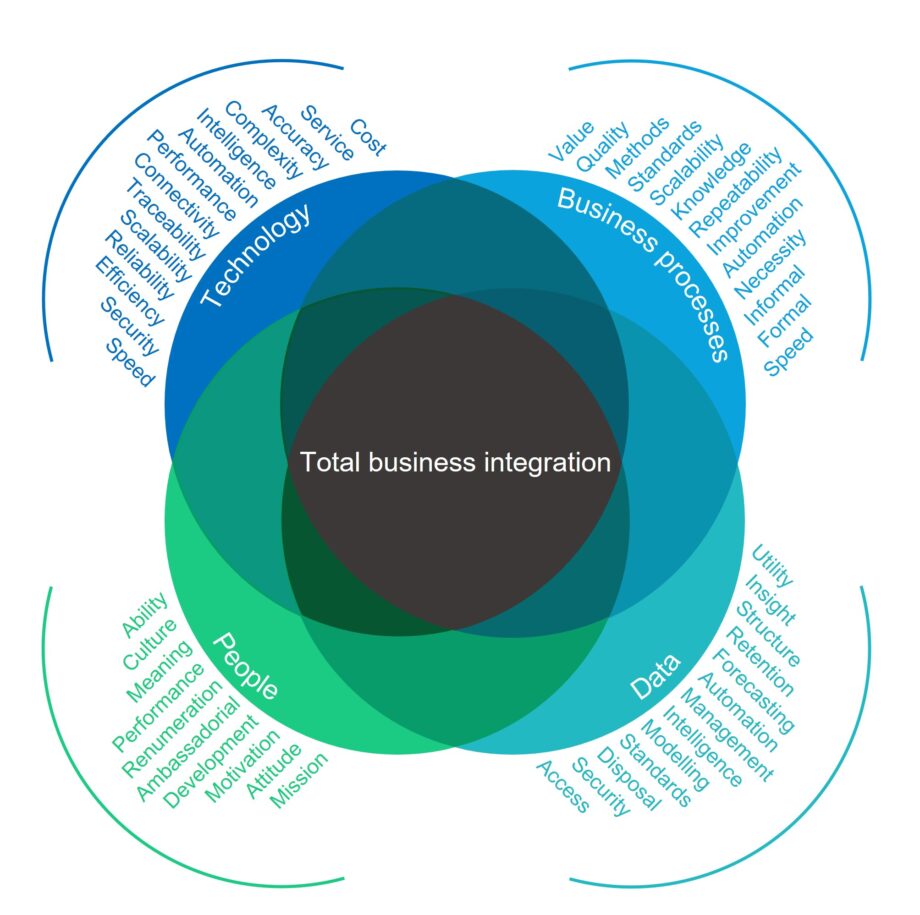How we deliver successful outcomes
It is not how quickly you start a project that’s important but how quickly you finish…And how quickly you finish depends on where you start not when you start.
In our experience, many clients underestimate project complexity. They indulge in getting things started, fast. The question is: have they started doing the right things? Doing the wrong things, especially if you are doing them efficiently, is a big waste of time and money. We like to focus first on doing the right things and, only then, doing things right.
For example, we are currently exercised about how to deliver IFRS17 projects, a complex financial reporting project that will affect life insurance companies. Our research has demonstrated that the focus of life insurance companies has resided with their actuarial and accounting teams. However, the implementation of the standard will affect investor relations, legal, compliance, audit, HR, IT, procurement, audit, actuarial and accounting. I wonder how much notice the accountants and actuaries are taking of these other areas?
Often, a client will place undue emphasis on a project manager having particular subject-matter expertise as well as being a skilled project manager. If they have both skill-sets, all well and good; but, given the choice between the two, we would always choose the person with the project management experience over and above subject matter expertise. This is because an experienced project manager will understand that a holistic view of the project, up front, is necessary to identify and mitigate risks. The very process of architecting the solution, in cooperation with the stakeholders, will give the project manager all subject matter expertise they require. After all, if you have a project with many work streams how likely is it that the project manager will have good subject matter expertise in all of them?
This is why we believe the project management experience of a project manager is a large part of the determinant for project success. In talking to a client recently, their analysis of the determinant of project success was the quality of the project sponsor. This is looking at the issue from the opposite perspective. However, we would agree that a good sponsor linked with an ‘Innovator’ is even more powerful.
Delivering change that works for the whole business
We could bore you with the technicalities of delivering change effectively: plans, budgets, risks and issues, change management, project governance etc. However, we have reviewed many projects that were using these techniques but were still failing. Do not get us wrong, they are all important and we would use them appropriately on all our projects. However, because they are being done does not mean the project is heading towards a successful conclusion. I refer to an earlier point: first do the right things, then do things right.
When we went into one of the UK’s largest pension companies
it took less than an hour to identify that they had been spending serious money on a solution that was not going to satisfy any of their Stakeholders (and, more importantly, their Regulator). It took a further week to get to the specifics. They were sold on a technical solution that was not going to work for anyone and no one was going to call it, until we arrived!
We are sad to say that we get asked to rescue projects more often than we are asked to initiate new projects. It is difficult to draw solid conclusions of why this is as projects
differ from each other so much. However, we do believe that people believe project management is not that difficult (effectively, “Just cracking the whip”). That is until it dawns on them that they have spent a large part of the budget and the end is nowhere in sight. It is painful for the organisation but, more importantly, it can damage the careers of the individuals involved.
We had a periodic conversation with a client that we worked with on their larger projects. They did the smaller projects themselves. He would ask us, in response to another small project failure, about project management. We would explain the basics, again, and his conclusion was always the same. Project management does not sound technically difficult (he is an intellectual by the way) so how come we can never get it right? He would wander off muttering about black magic. What else could explain a talented workforce continually over-promising and under-delivering?
This is why we believe the key to delivering change for the whole business is employing project managers who have extensive experience. This will get you more than half way to a successful conclusion. If you want to know what an experienced project manager looks like why not go and have a look at our people and see what you think…









